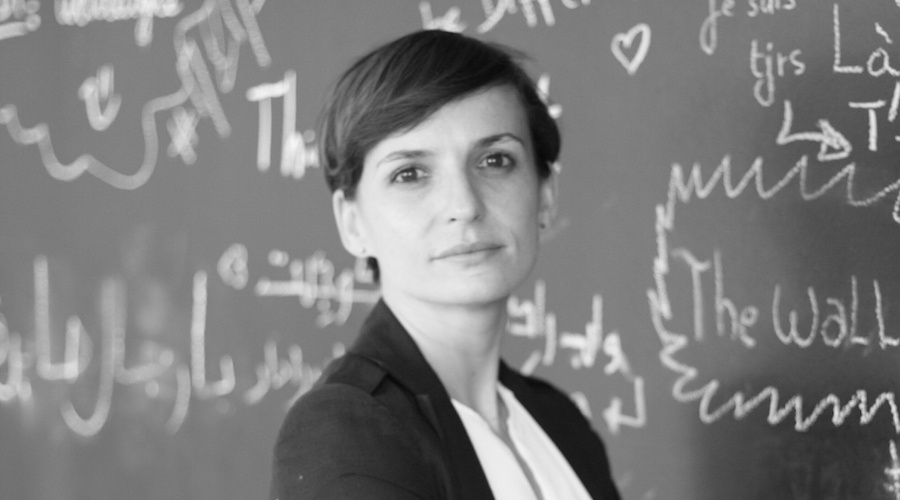What I know about social entrepreneurship: Camille Courtaud

Social entrepreneurship, high impact entrepreneurship, social business, impact investing, so many mysterious words. What do they mean? Do they refer to the same thing? Why can't the one word entrepreneurship just cover everything?
In spite of a blurry definition, social entrepreneurship is getting a lot of traction. Dedicated competitions aim at spotting and funding social companies, such as the Pepsico Social Impact competition, fellows networks want to foster success stories, specialized incubators look to help social companies become more sustainable.
Back in June 2014, Nobel Laureate Muhammad Yunus launched the first edition of his global accelerator program dedicated to social business, called Yunus Social Business (YSB) in Tunisia. Camille Courtaud, their head of investments and global acceleration at YSB Tunisia, knows her away around definition.

There are no clear definitions. There are several concepts: social business, économie sociale et solidaire in French (social and solidarity economy), social entrepreneurship, impact investing. There’s a blur around what it is and what they mean. Private initiatives that have a social aim have existed since the dawn of time. In the last two decades people have tried to codify this branch of economy, and it has been done, initially, on a legal status.
Everyone agrees on two clear conditions. The first is that the social aim is at the heart of the company’s mission and the second is that the company has a business model that enables it to reach financial autonomy.
It’s really about putting the entrepreneurship’s tools and mind at the service of a social mission (or environmental) by guaranteeing the sustainability of the action and therefore of its impact.
Clients are not the only ones that matter. In social entrepreneurship, you think in terms of beneficiaries whereas the ‘traditional’ entrepreneur tends to be client-oriented. The social entrepreneur has both clients and beneficiaries. In certain models, when you sell products and services to a segment of the population that can’t afford it for example, clients are the beneficiaries. There are other models, often in agriculture, where suppliers are integrated in the value chain of the company, there the idea is to raise their [suppliers] revenues.
Yes, you can generate profits. In social entrepreneurship, you’re looking for profits but it’s not an end in itself. Profit is a means to an end that must be put at the service of the social mission and all or part of it must therefore be reinvested to maximise social impact.
Muhammad Yunus was the first to define the term of social business, and to him, it’s a commercial company that follow the normal market rules and reinvests 100 percent of its profits, but other social companies choose not to reinvest the whole of their profits and can pay dividends. There is a debate between profit maximization and social impact maximization.
You won’t get rich, but you won’t be poor. We have to stop demonizing profit. As soon as you’re in a company, value creation has a price. If you find people who want to buy your company and you make a financial gain out of it, why not. It’s the logic of the market. Regarding salary, the entrepreneur must have a salary in keeping with the market, his experience, his role in the company, etcetera. He can therefore have a good salary but it must be in sync with the profitability of the company. As for dividends, some social companies pay stockholders dividends.
In the end, if you give a certain category of the population access to goods and services at a reasonable price, it necessarily means that you’re margin will be smaller - even though it’s also a question of volume, so a priori social companies should generate less profits than classical companies.
It’s blurry, but the defining social entrepreneurship is important. It’s a new concept that needed to be defined and names. Investors positioned themselves on impact investing. The investment logics will be different, mostly with the dividends policies, so it was important to name the movement. There is also a need to create adequate legal structure. Obviously, an advantageous fiscality or grants could help social companies but I believe the sustainability of the model cannot depend on them.

